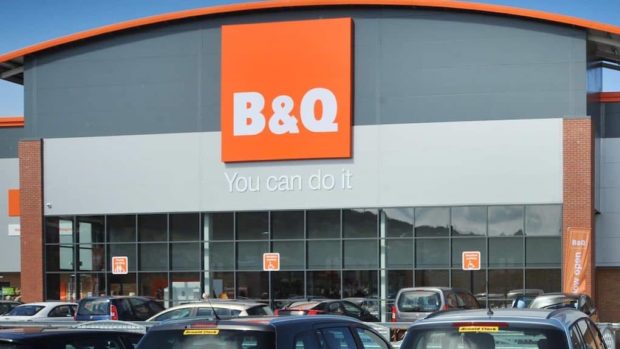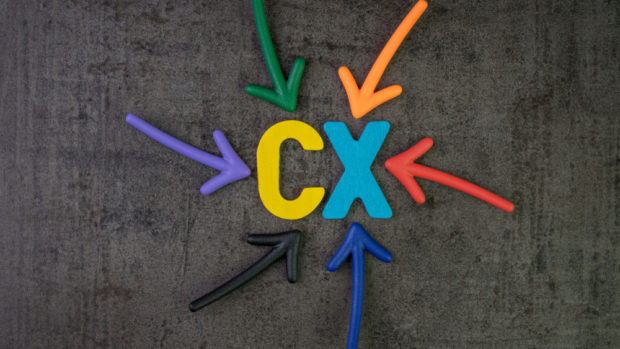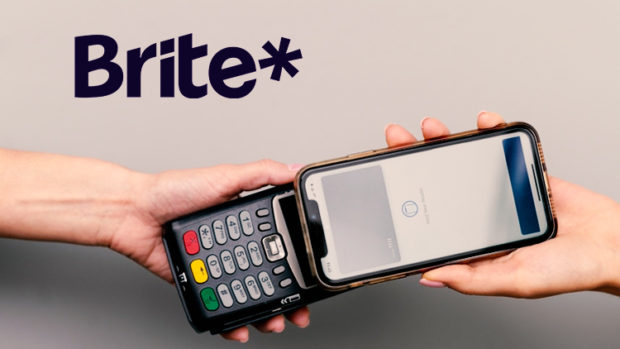
Callsign has revealed that only a third of UK consumers trust Buy Now Pay Later (BNPL) services to protect their data. The UK study of 2,000 consumers, which explores BNPL trends in the UK, also reveals that one in eight Brits have experienced fraud with BNPL services, 21 per cent of which say they signed up to a fake BNPL service, while 20 per cent say their account was hacked. The impact of fraud from BNPL services led over a third (35 per cent) of respondents to say they don’t believe BNPL providers will protect them from fraud, and a fifth of Brits state they now worry about paying things for online.
Buy Now Pay Later services allow consumers to make purchases and pay for them at a future date, and the financial flexibility and affordability has fuelled BNPL adoption. However, as this new payment ecosystem expands, so too does the threat of fraud across an unregulated landscape.
‘BNPL provides a great opportunity for users to gain additional time to pay off their purchases, but the ever-increasing rate of fraud is raising the risk of using the service’ said Amir Nooriala, chief commercial officer, Callsign. ‘Businesses need to respond accordingly and quickly to the high-risk of fraud using BNPL to maintain trust and keep their reputations intact.’
When it comes to the type of fraud experienced after using a BNPL service, 30 per cent of UK consumers say a fake account was set up using personal credentials, while 28 per cent say they gave away personal information to a scam BNPL service.
The survey highlights the huge amount of uncertainty surrounding BNPL services, with many consumers not trusting them at all. In fact, over half (52 per cent) of consumers said they don’t trust that BNPL services will prevent them for falling into debt. This can also have a huge impact on reputation. After experiencing fraud through BNPL, two in five (21 per cent) Brits stated they no longer use those services, and 28 per cent don’t use the retailer where they purchased the goods.
Despite the amount of fraud and lack of trust, just under half (44 per cent) said they’d be more likely to use BNPL if it was provided by their bank compared to another provider, showing that trust in the traditional banks remains and the huge role banks play as custodians of data. The research also highlights that almost half (46 per cent) of Brits say that BNPL providers should be responsible in protecting them from fraud.
‘There is clearly an appetite for BNPL services among consumers, but to build trust, businesses need to address the prevalence of fraud and take more extensive measures to protect their buyers,’ added Nooriala. ‘For banks and other financial institutions that provide Buy Now Pay Later services, this starts with building digital trust. This means acknowledging the importance of digital identity and rethinking the way they secure data, by looking to technologies such as behavioural biometrics which work to positively identify genuine users. This creates frictionless journeys for consumers that are also secure and privacy preserving. Only by doing this will these businesses develop user confidence in BNPL and put in the work needed to build brand trust.’








Share